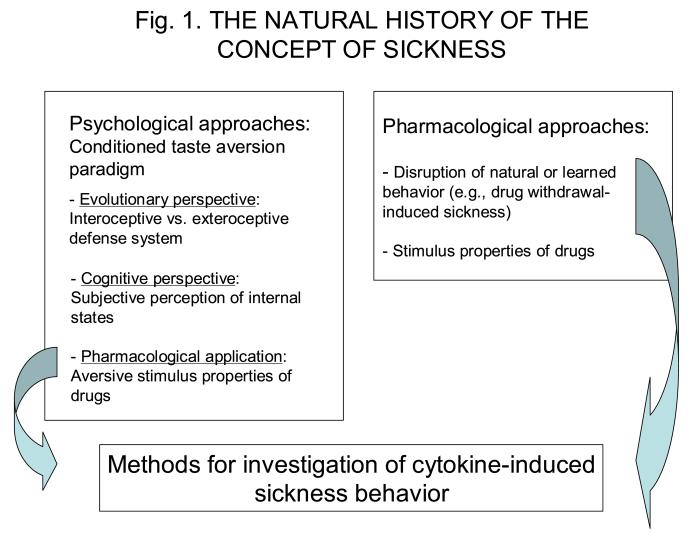Cytokine-induced sickness habits was acknowledged inside a couple of years of the cloning and expression of interferon-alpha, IL-1 and IL-2, which occurred across the time that the primary challenge of Brain, Behavior, and Immunity was printed in 1987. Phase I scientific trials established that injection of recombinant cytokines into most cancers sufferers led to a range of psychological disturbances.
it was subsequently proven that physiological concentrations of proinflammatory cytokines that happen after an infection act within the mind to induce frequent signs of sickness, similar to loss of urge for food, sleepiness, withdrawal from regular social actions, fever, aching joints and fatigue. This syndrome was outlined as sickness habits and is now acknowledged to be half of a motivational system that reorganizes the organism’s priorities to facilitate restoration from the an infection.
Cytokines convey to the mind that an an infection has occurred within the periphery, and this motion of cytokines can happen by way of the normal endocrine route by way of the blood or by direct neural transmission by way of the afferent vagus nerve. The discovering that sickness habits happens in all mammals and birds signifies that communication between the immune system and mind has been evolutionarily conserved and types an necessary physiological adaptive response that favors survival of the organism throughout infections.
The proven fact that cytokines act within the mind to induce physiological diversifications that promote survival has led to the speculation that inappropriate, extended activation of the innate immune system could also be concerned in a quantity of pathological disturbances within the mind, starting from Alzheimer’s illness to stroke.
Conversely, the newly-defined position of cytokines in all kinds of systemic co-morbid circumstances, starting from persistent coronary heart failure to weight problems, could start to elucidate adjustments within the psychological state of these topics. Indeed, the most recent findings of cytokine actions within the mind provide some of the primary clues concerning the pathophysiology of sure psychological well being problems, together with melancholy. The time is ripe to start to maneuver these elementary discoveries in mice to man and a few of the pharmacological instruments are already accessible to antagonize the detrimental actions of cytokines.

The HNRC 500–neuropsychology of HIV an infection at totally different illness phases. HIV Neurobehavioral Research Center.
The current examine examined neuropsychological (NP) functioning and related medical, neurological, mind magnetic resonance imaging (MRI), and psychiatric findings in 389 nondemented males contaminated with Human Immunodeficiency Virus-Type 1 (HIV-1), and in 111 uninfected controls.
Using a complete NP take a look at battery, we discovered elevated charges of impairment at every successive stage of HIV an infection. HIV-related NP impairment was usually gentle, particularly within the medically asymptomatic stage of an infection, and most frequently affected consideration, pace of info processing, and studying effectivity; this sample is constant with earliest involvement of subcortical or frontostriatal mind methods.
NP impairment couldn’t be defined on the bases of temper disturbance, leisure drug or alcohol use, or constitutional signs; against this, impairment in HIV-infected topics was associated to central mind atrophy on MRI, in addition to to proof of mobile immune activation and neurological abnormalities linked to the central nervous system.
